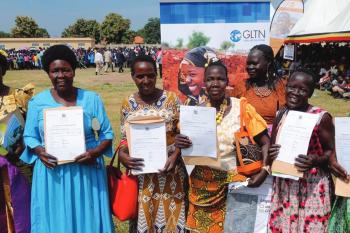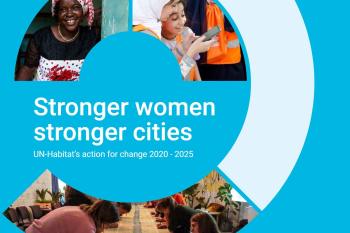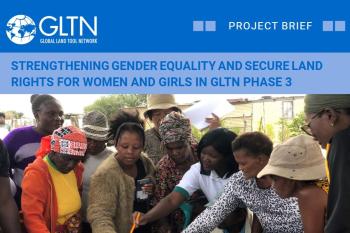
Read More
Gender Strategy for Land-at-Scale Uganda
Women’s Land Rights (WLRs) are fundamental human rights, foundational to gender equality and women’s dignity and instrumental in improving food security, effective climate action, poverty eradicati

Overview of the new “Voluntary Guidelines on the responsible governance of tenure of land, fisheries and forests in the context of national food security”: The potentials and challenges of implementation
For decades social movements representing rural women, peasants and family farmers, fishing communities, indigenous peoples, landless people, rural and urban workers, migrants, pastoralists, forest communities, youth and other civil society organizations have been demanding equitable and sustainable access to and control over natural resources for food production. Only secure access to and control over resources will enable people to fulfil their role of providing culturally appropriate, healthy and nutritious food1 for themselves while helping address the root causes of the food crisis that the world is currently facing. These causes include the highly unequal distribution of land ownership in many countries, the trend towards the re-concentration of land ownership and the reversal of redistributive agrarian reform processes, and the extent of land grabbing for agribusiness projects of all kinds.

Women’s Land Rights (WLRs) are fundamental human rights, foundational to gender equality and women’s dignity and instrumental in improving food security, effective climate action, poverty eradicati

This publication presents a summary of UN-Habitat’s gender equality impact over the past five years, in line with the Beijing reporting cycle.

GLTN’s institutional commitment to gender equality and secure land rights for women and girls has been at the core of its work since inception in 2006.